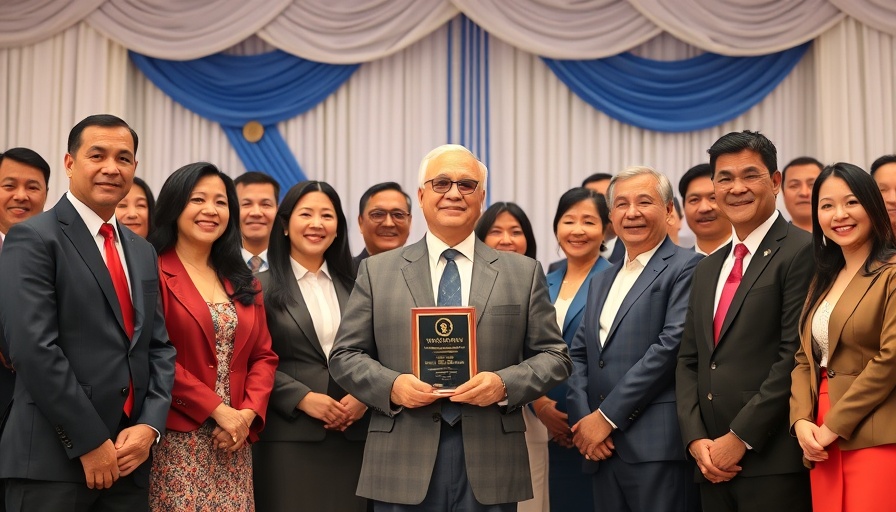
Striving for Recognition: Karate’s Place in Karnataka
In a recent development, Arun Machaiah, the newly appointed Vice-Chairman of the Sports Authority of Karnataka (SAK), has asserted that recognizing karate as an official sport is a top priority. Speaking at a ceremony hosted by the Mysore Karate Association, Machaiah highlighted the importance of karate not just as a sport, but as a vital part of Karnataka’s athletic identity.
Karate is reportedly unique in Karnataka, as it boasts associations in all 31 districts, reflecting the state's deep engagement with this martial art. Machaiah’s commitment to including karate on SAK’s list comes amid allegations of attempts to undermine the sport's recognition in programs such as Khelo India. Despite these challenges, united advocacy from karate practitioners has successfully propelled karate into this nationwide initiative, and now there's hope for further recognition at the state level.
The Impact of Recognition
Recognition from SAK would not only validate the dedication of karate enthusiasts, but it would also unlock resources and support that can significantly enhance training and competition opportunities. For community classes in Gurnee, where karate lessons and martial arts programs foster both self-defense and personal growth, this recognition can echo regional developments as well.
By emphasizing structured programs, like self-defense classes for women and fitness-oriented martial arts, this shift could attract more learners to local dojo. While the focus remains on karate's acceptance, the implications extend to numerous martial arts disciplines offered in Gurnee—a community known for its diverse martial arts offerings including Taekwondo, Jiu-Jitsu, and kickboxing.
Unifying the Karate Community
Machaiah’s appeal for unity among various karate associations resonates beyond Karnataka. He encourages collaboration among the three Karate Associations in Kodagu, which include Olympian members. The hope is a collective effort can propel karate into the spotlight, paving the way for better infrastructure and training facilities.
This approach is crucial as the future of karate hinges on the ability of various groups to collaborate under a single umbrella. It mirrors the ethos found in martial arts training in Gurnee—where joining a community is paramount. The shared goals of fitness, discipline, and camaraderie reflect the broader ideals of martial arts which benefit both the individual and collective.
Future Trends in Martial Arts
The push for karate’s recognition aligns with global trends where martial arts training is shifting towards holistic development. As communities in Gurnee embrace martial arts, encompassing children’s programs, family classes, and women’s self-defense, this recognition can foster a supportive environment—transforming a personal journey into a communal celebration of skills and achievements.
With the growing popularity of karate in educational institutions and community centers, such efforts to secure recognition could open doors to government support for tournaments, coaching sessions, and community outreach programs, ultimately enriching the martial arts landscape.
Your Role in the Karate Community
As karate practitioners, trainers, and enthusiasts in Gurnee and beyond, the community is invited to actively support these initiatives. By participating in local martial arts events, enrolling in classes, and advocating for karate’s inclusion in official sporting frameworks, individuals can contribute to a more recognized and respected martial arts culture.
For parents considering martial arts classes for their children, understanding the growing support for karate at state levels can influence your decision. This is not just about self-defense; it’s about building character, discipline, and teamwork through diverse martial arts programs.
Stay engaged with local dojos and associations, as they can provide you with updates on karate’s journey and encourage you to become part of shaping its future.
 Add Row
Add Row  Add
Add 




Write A Comment